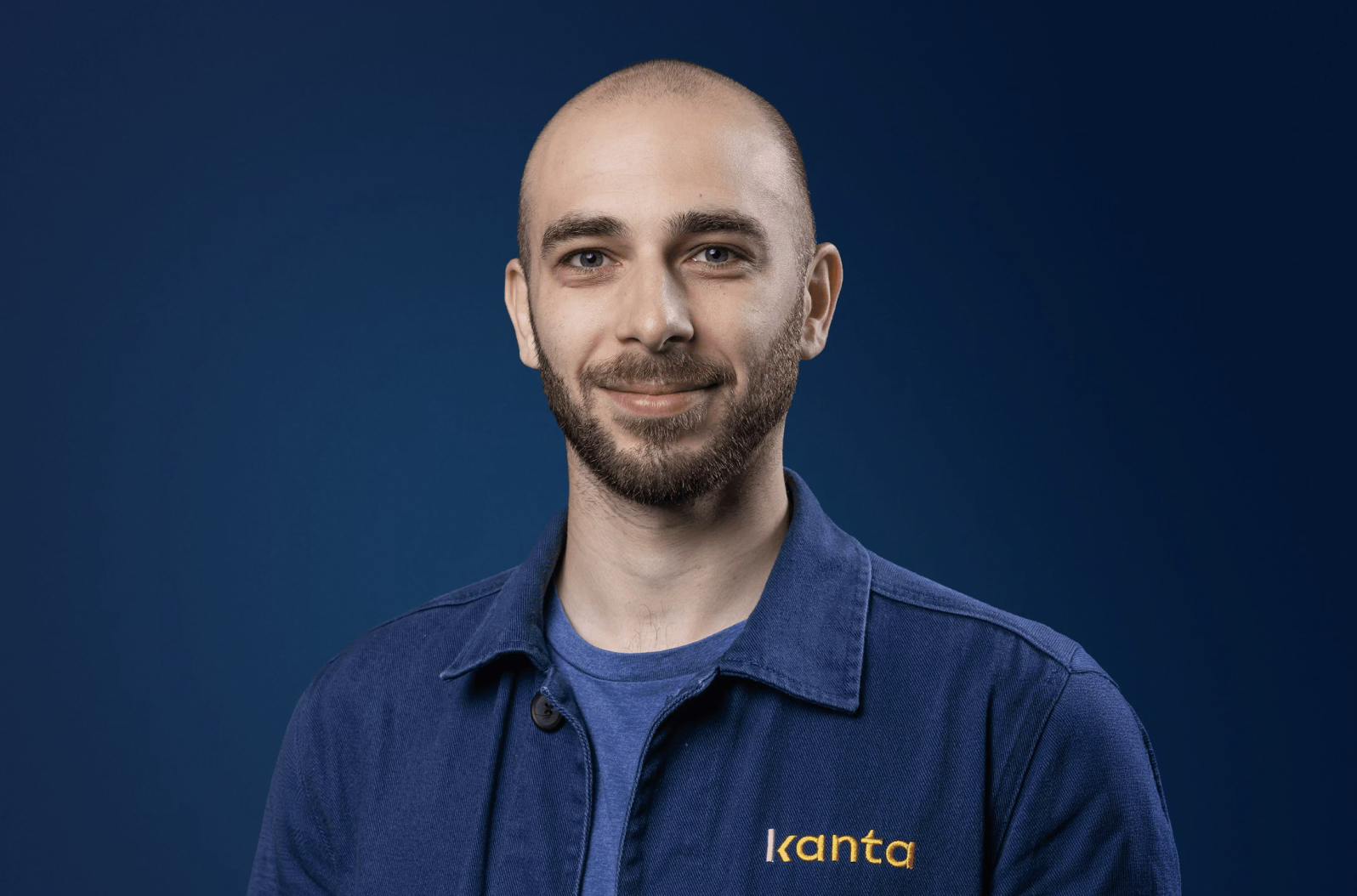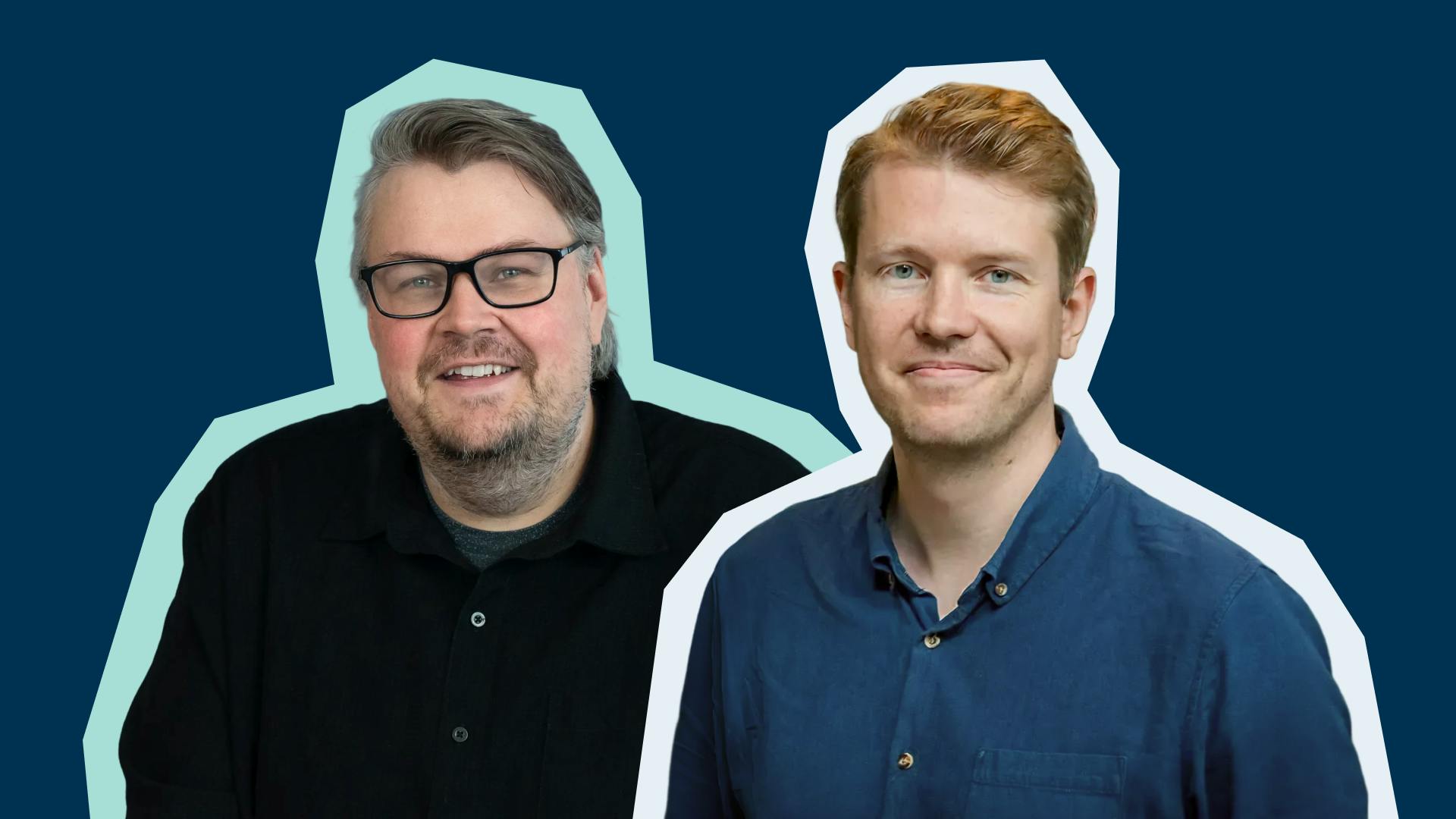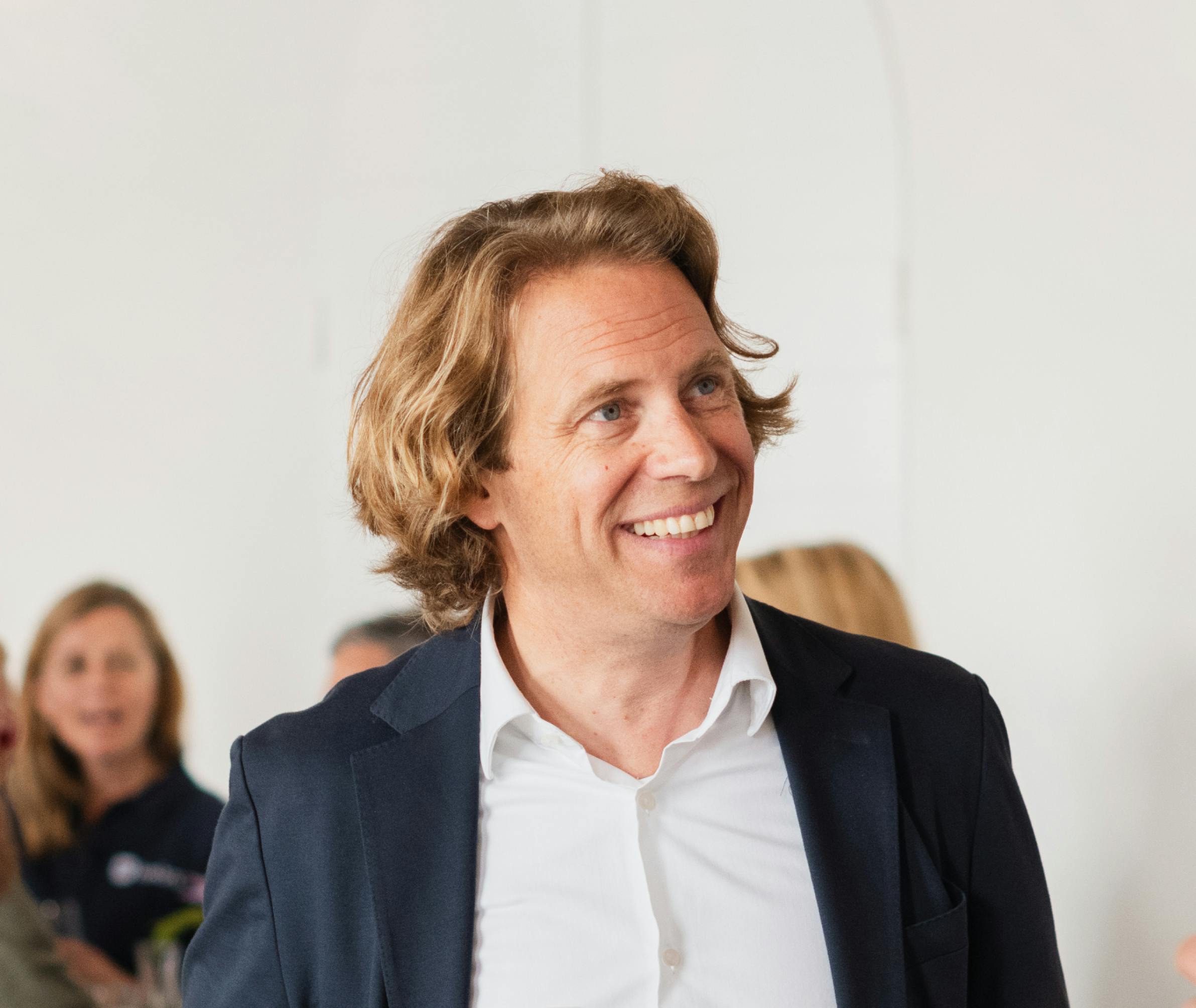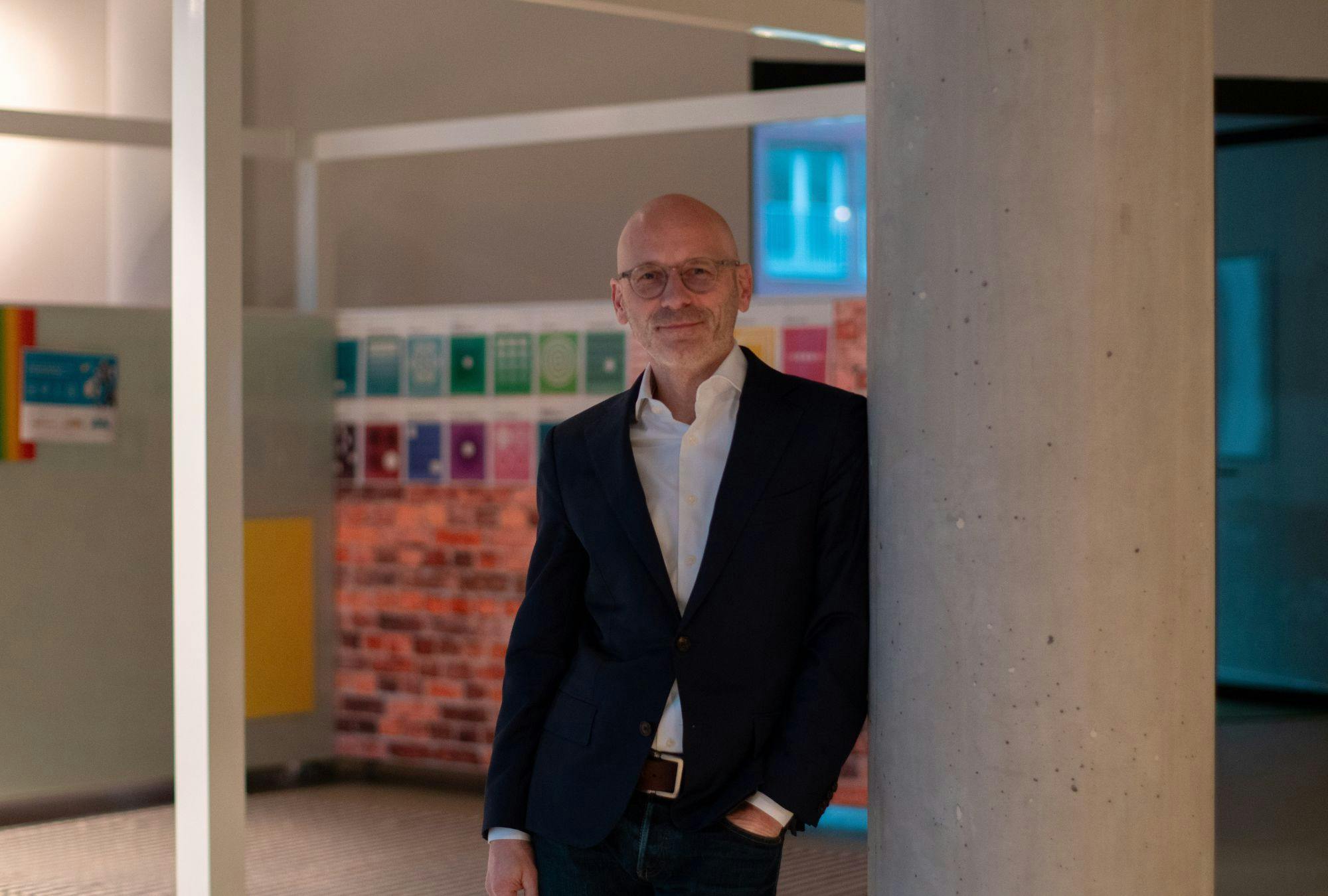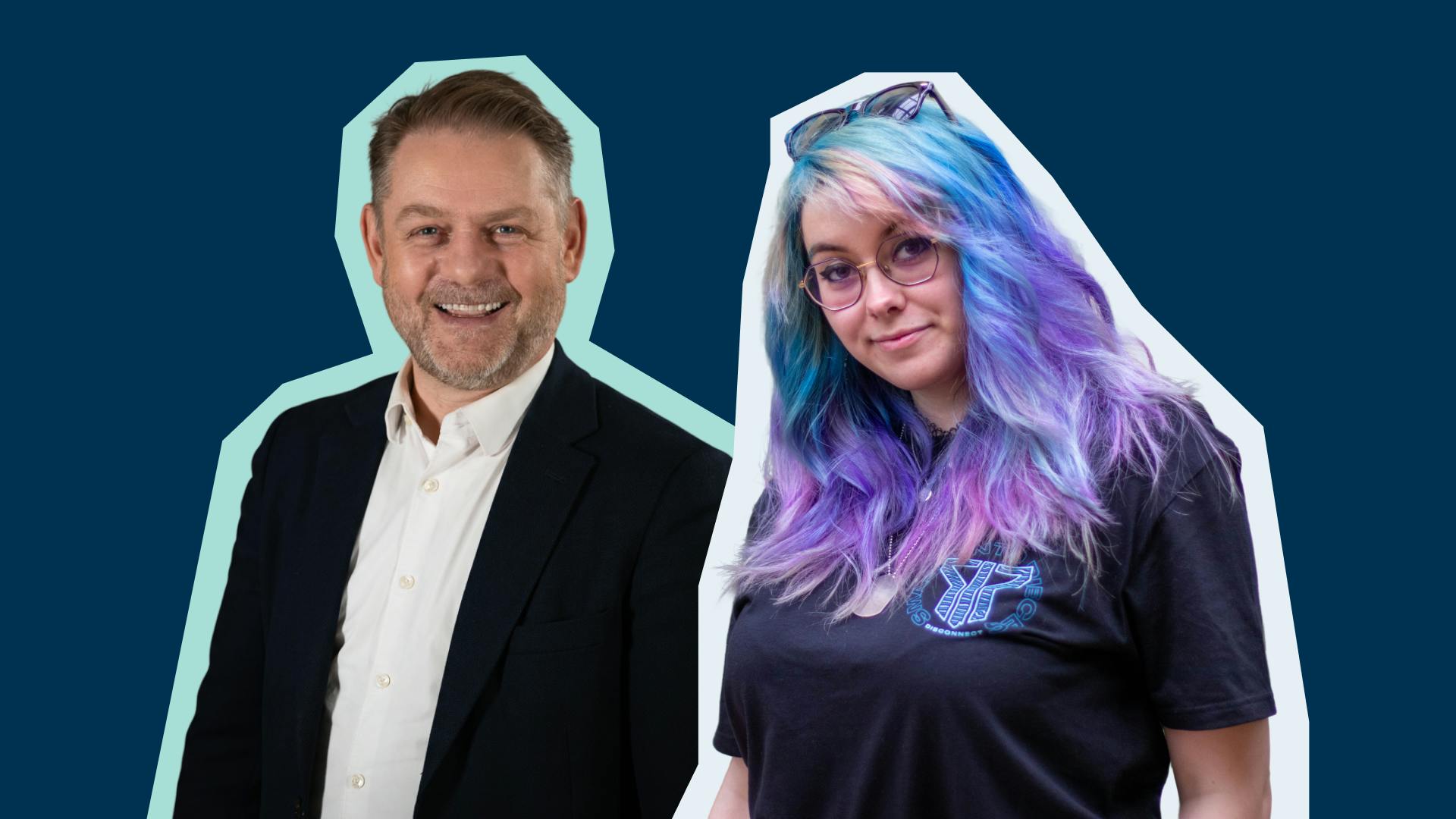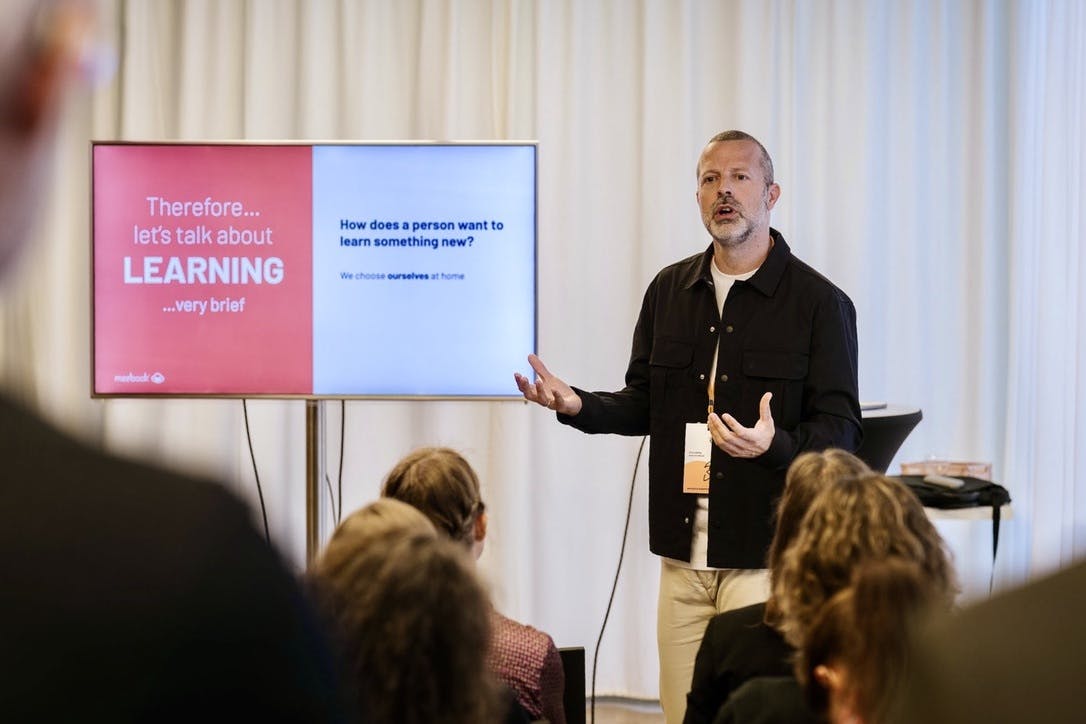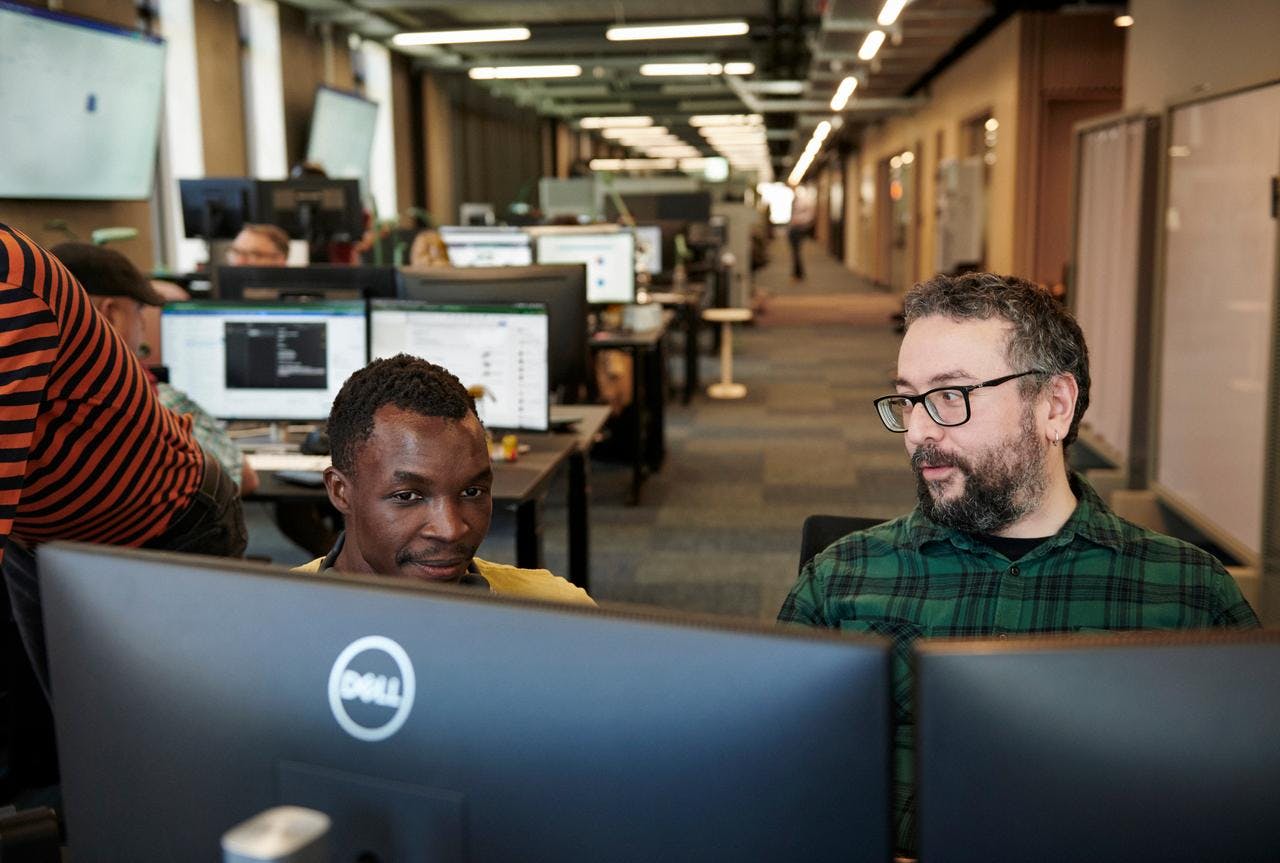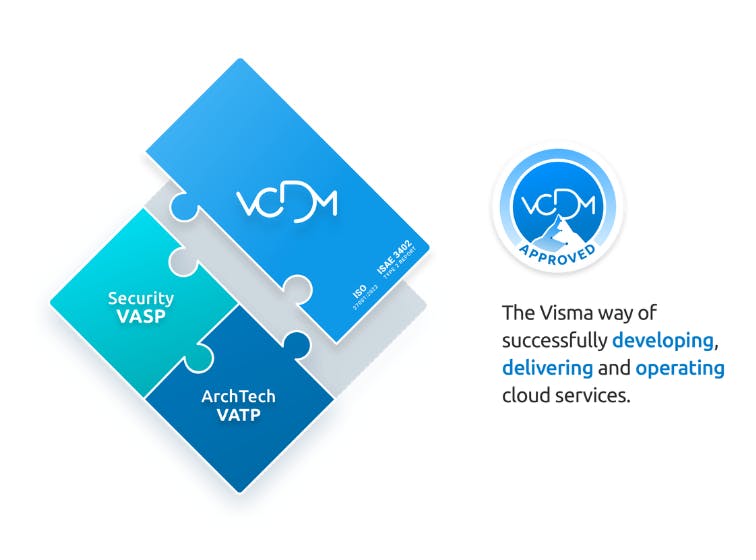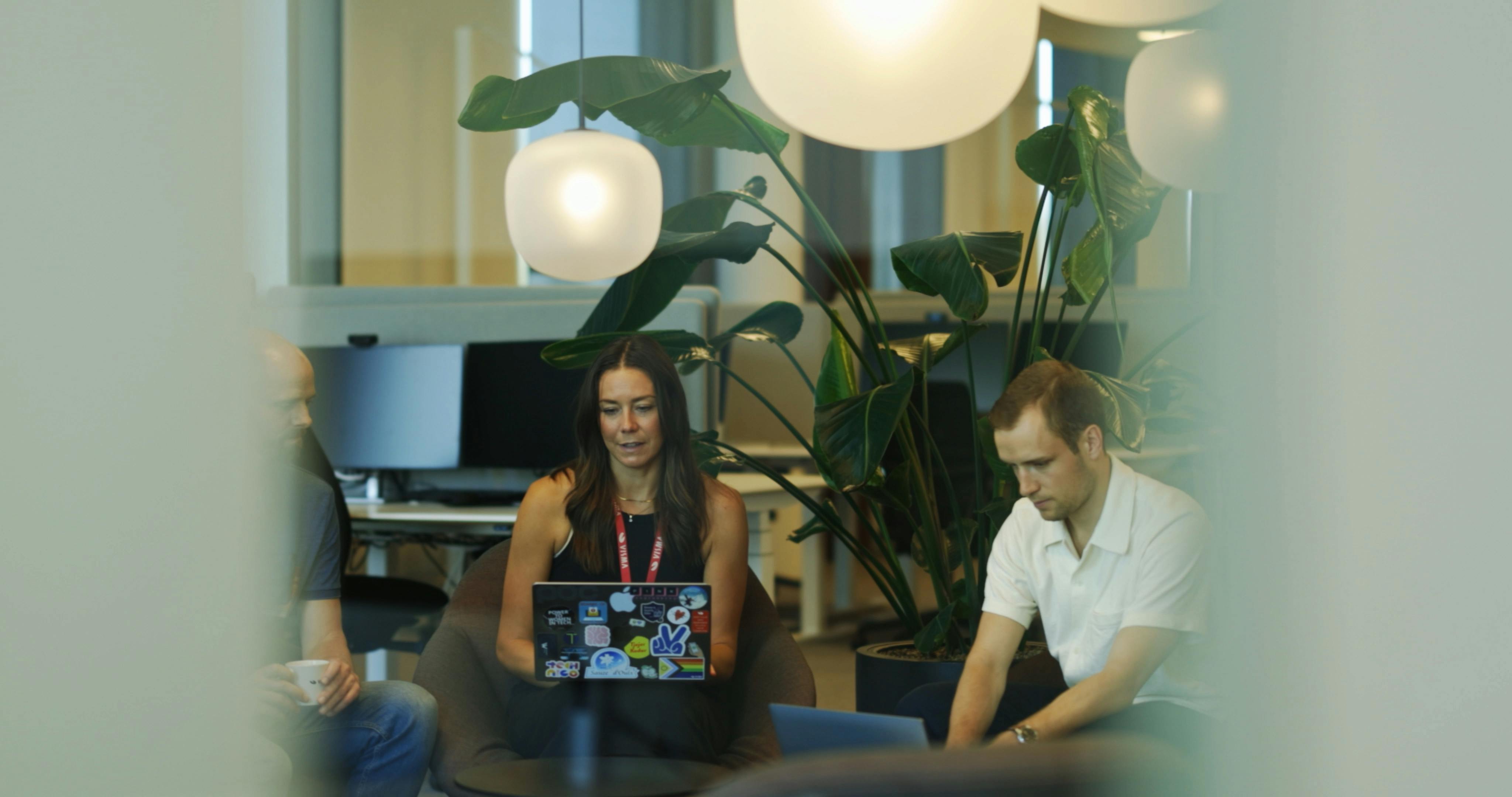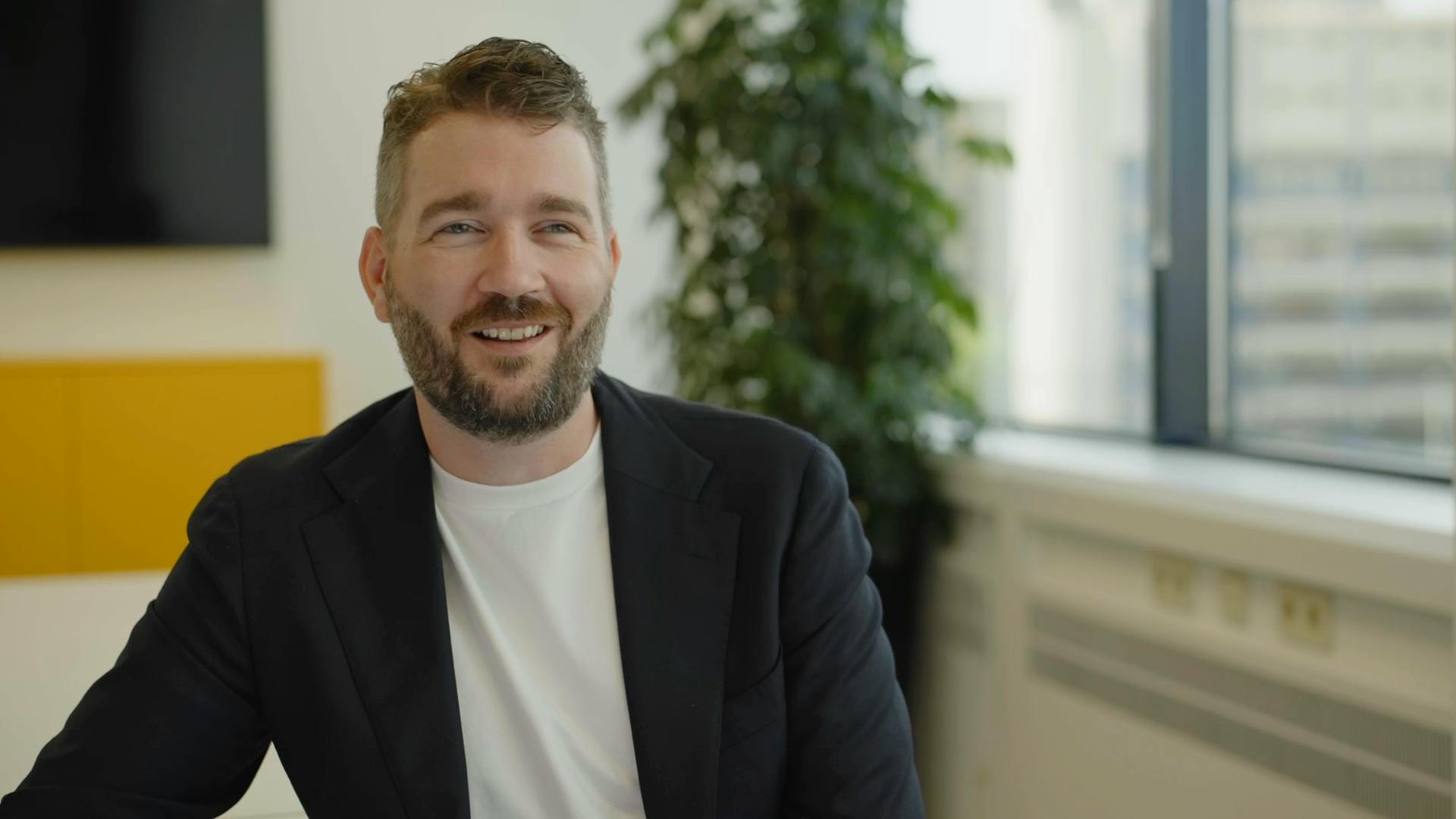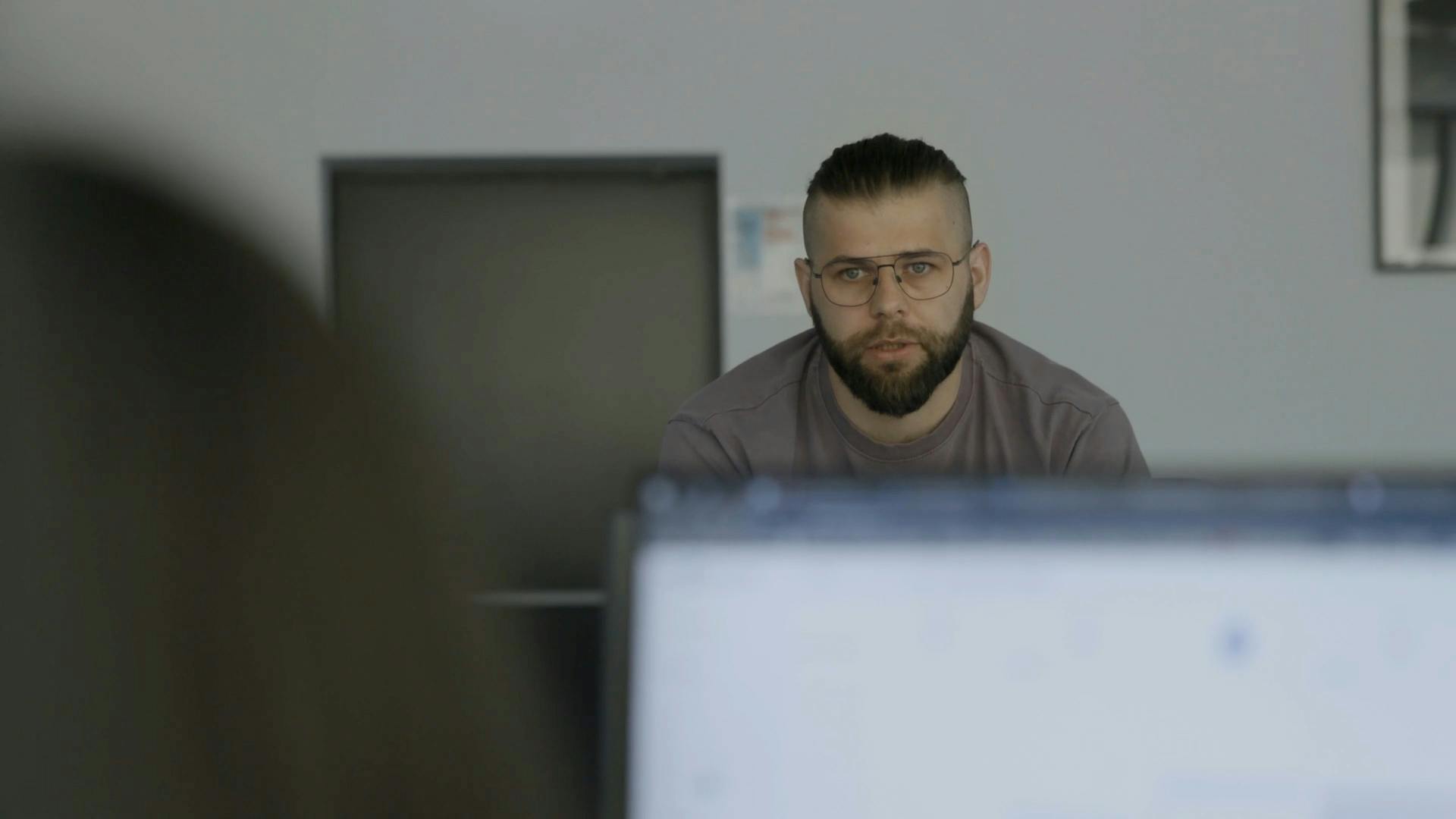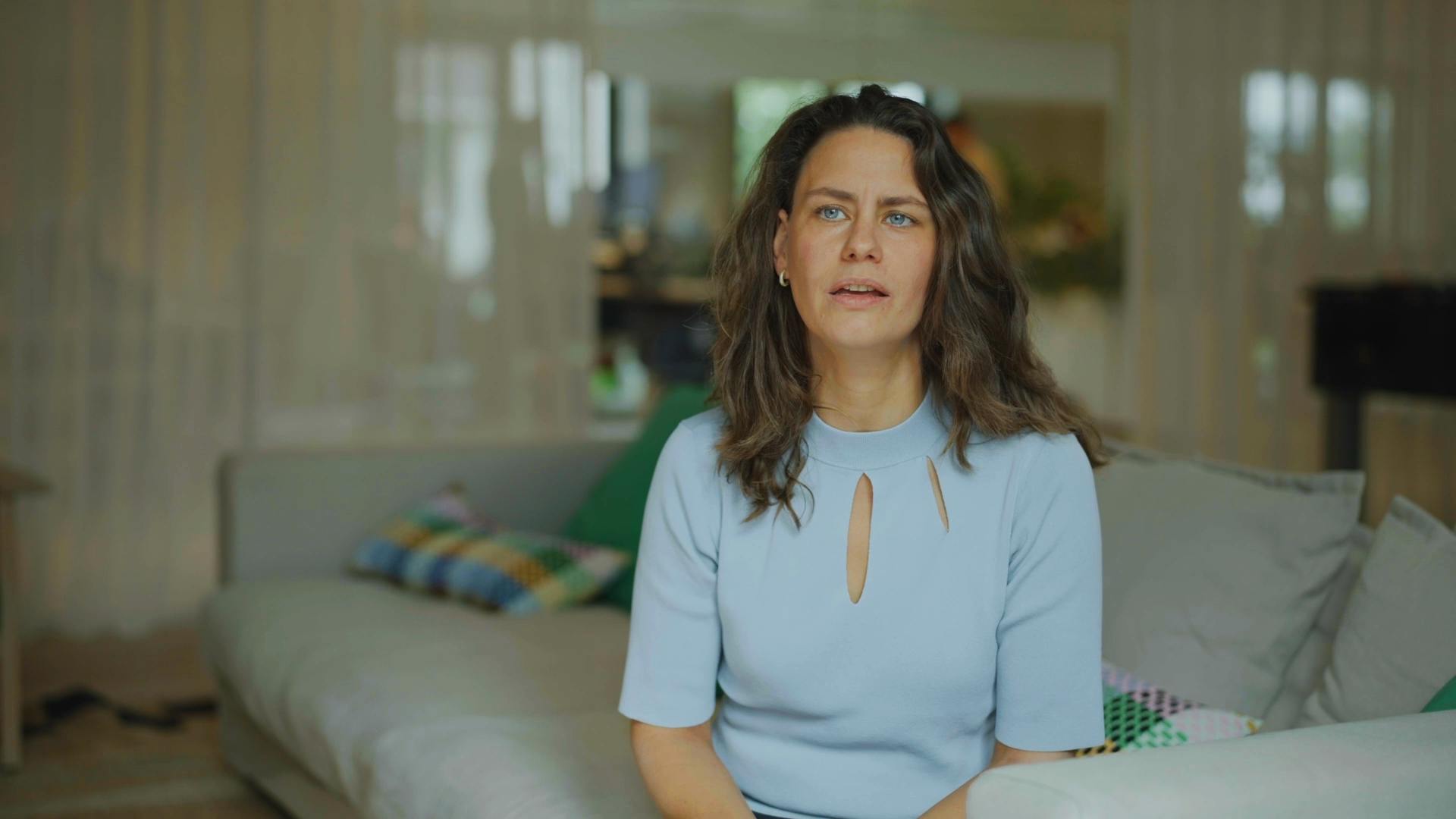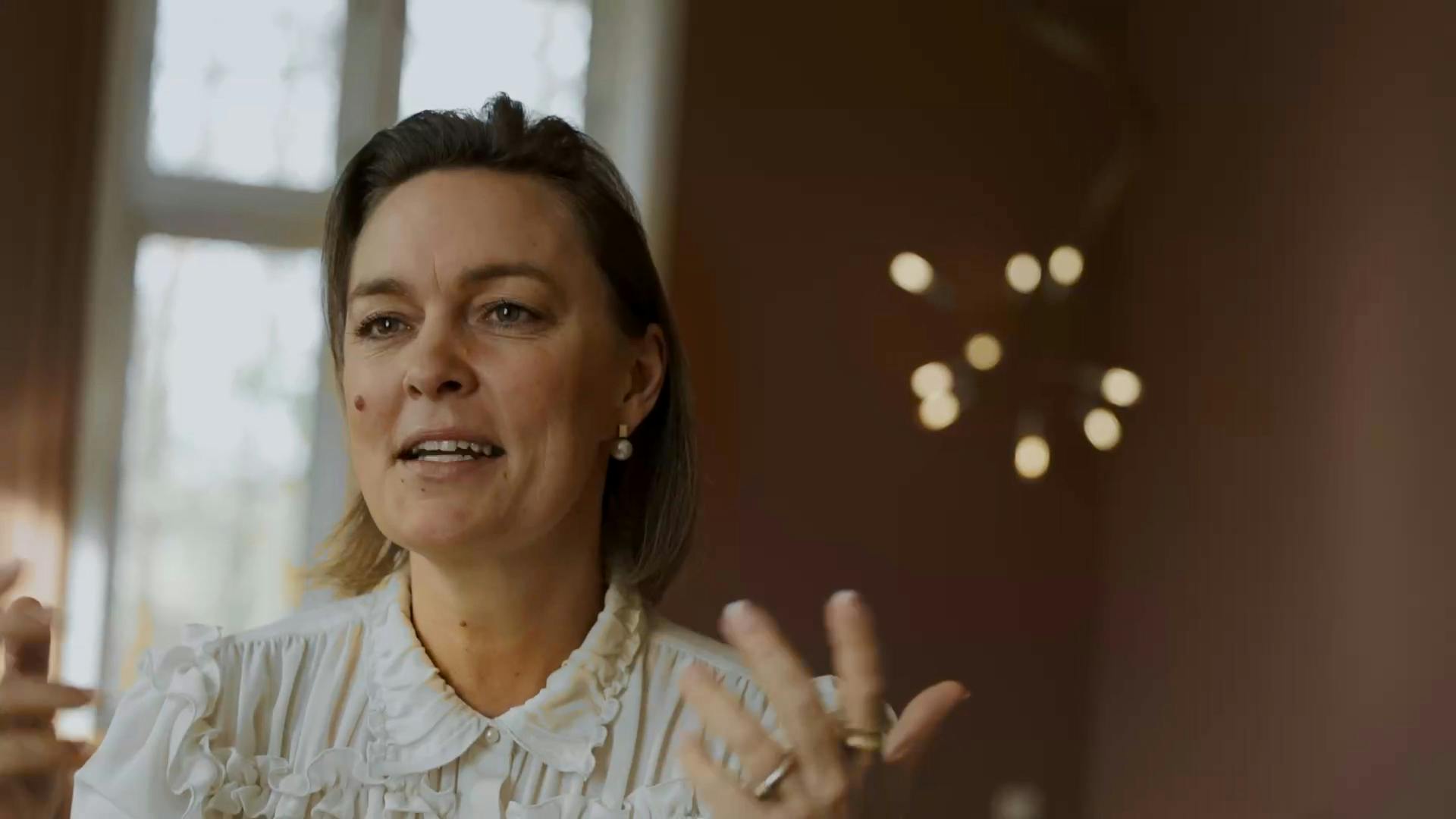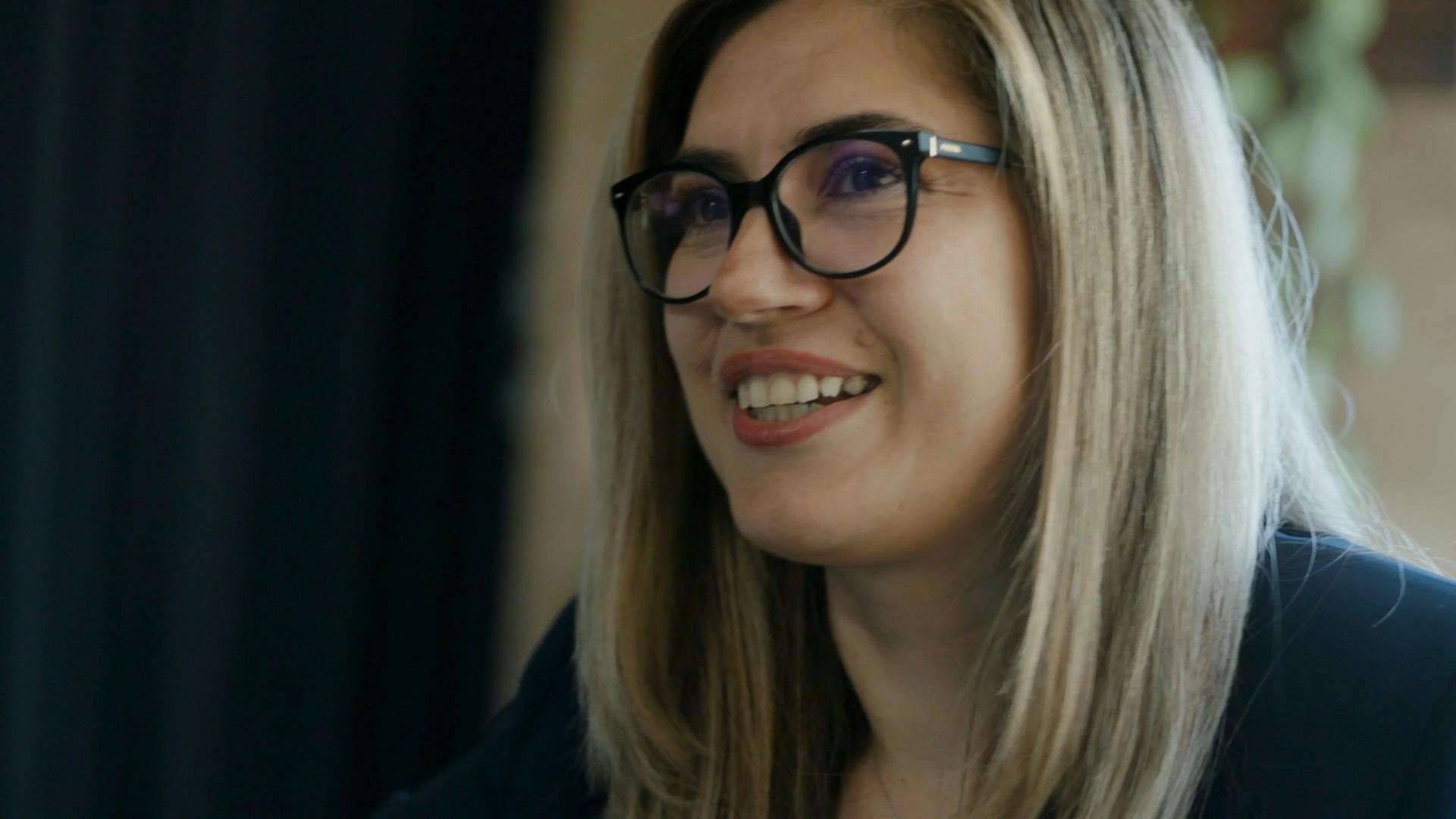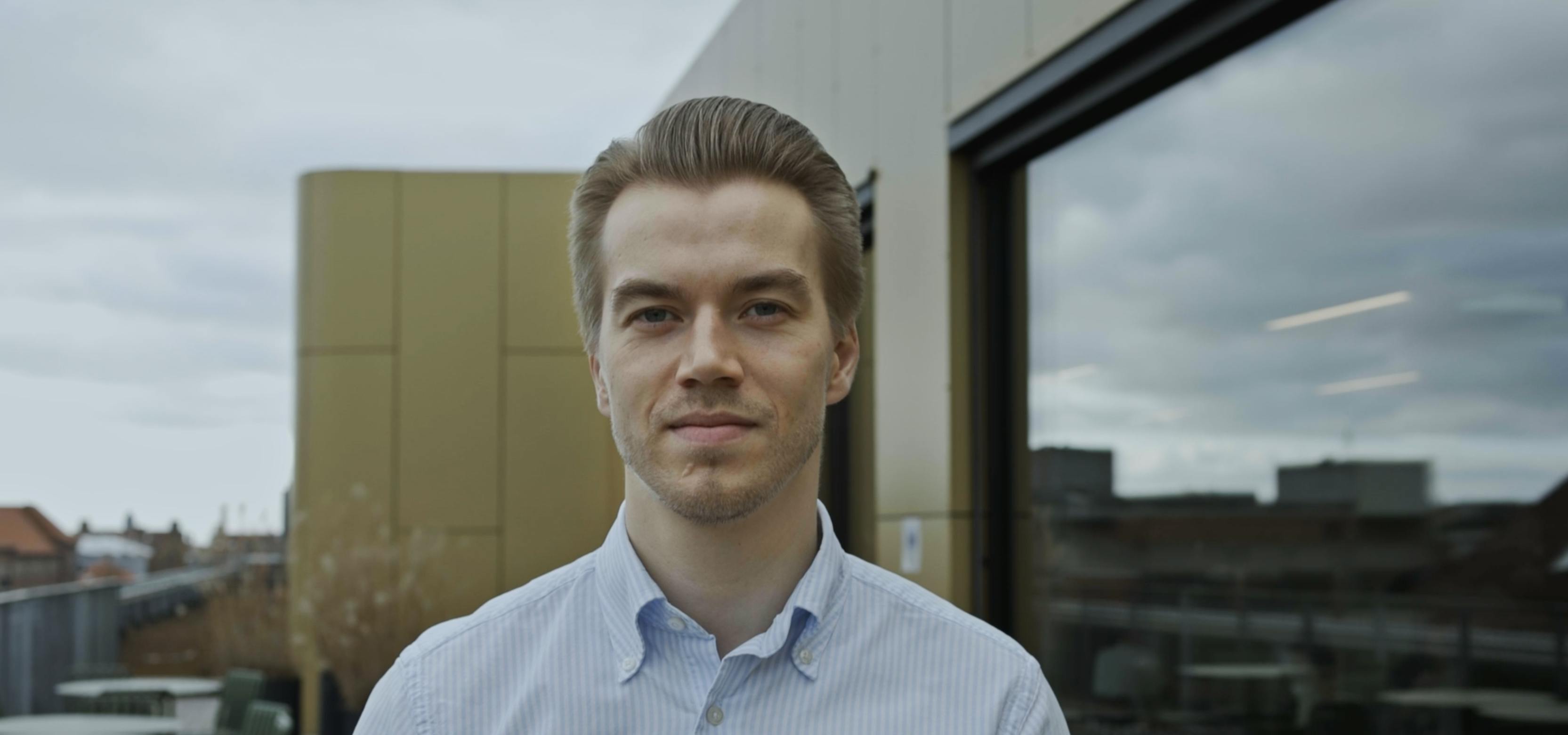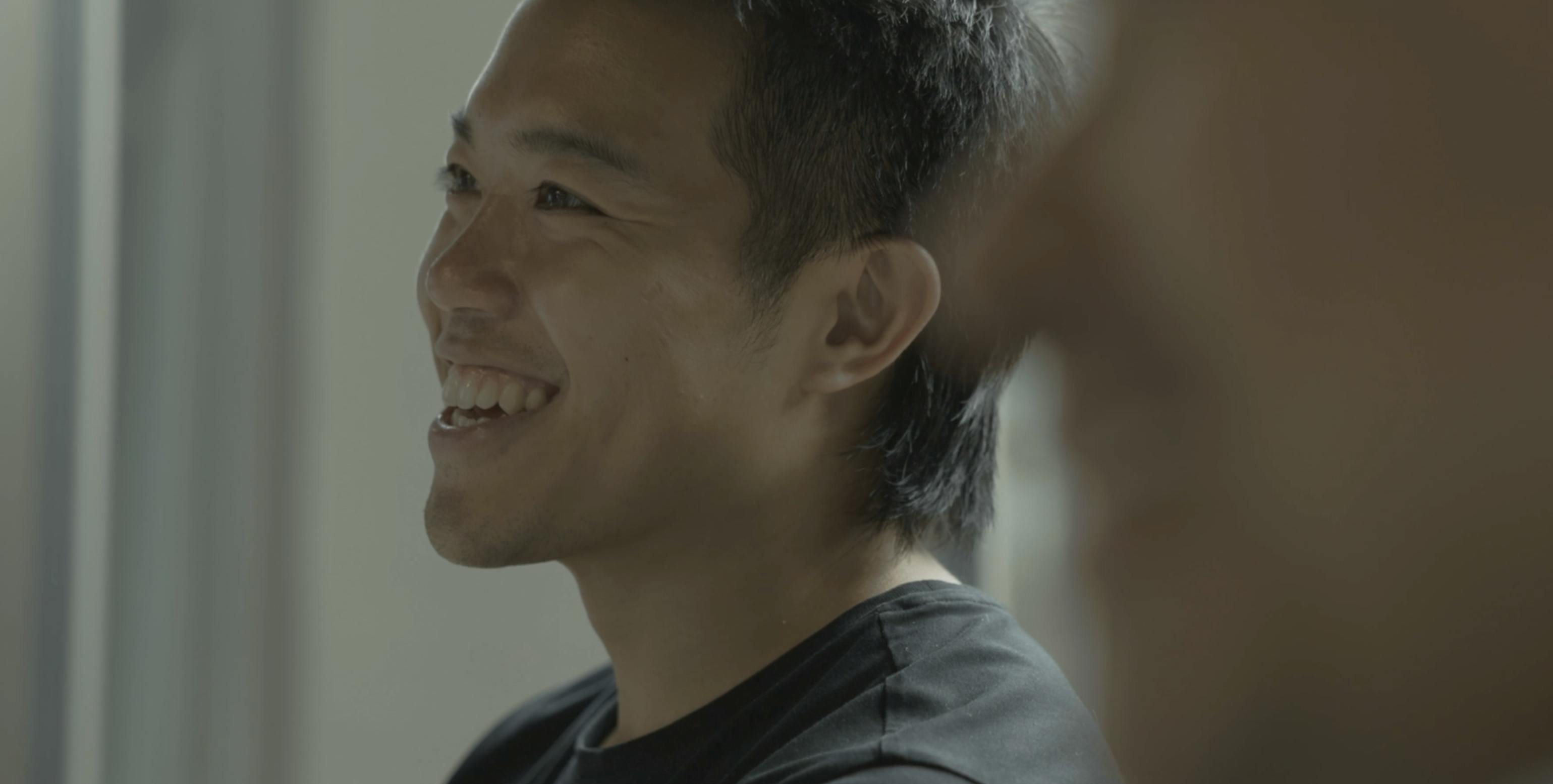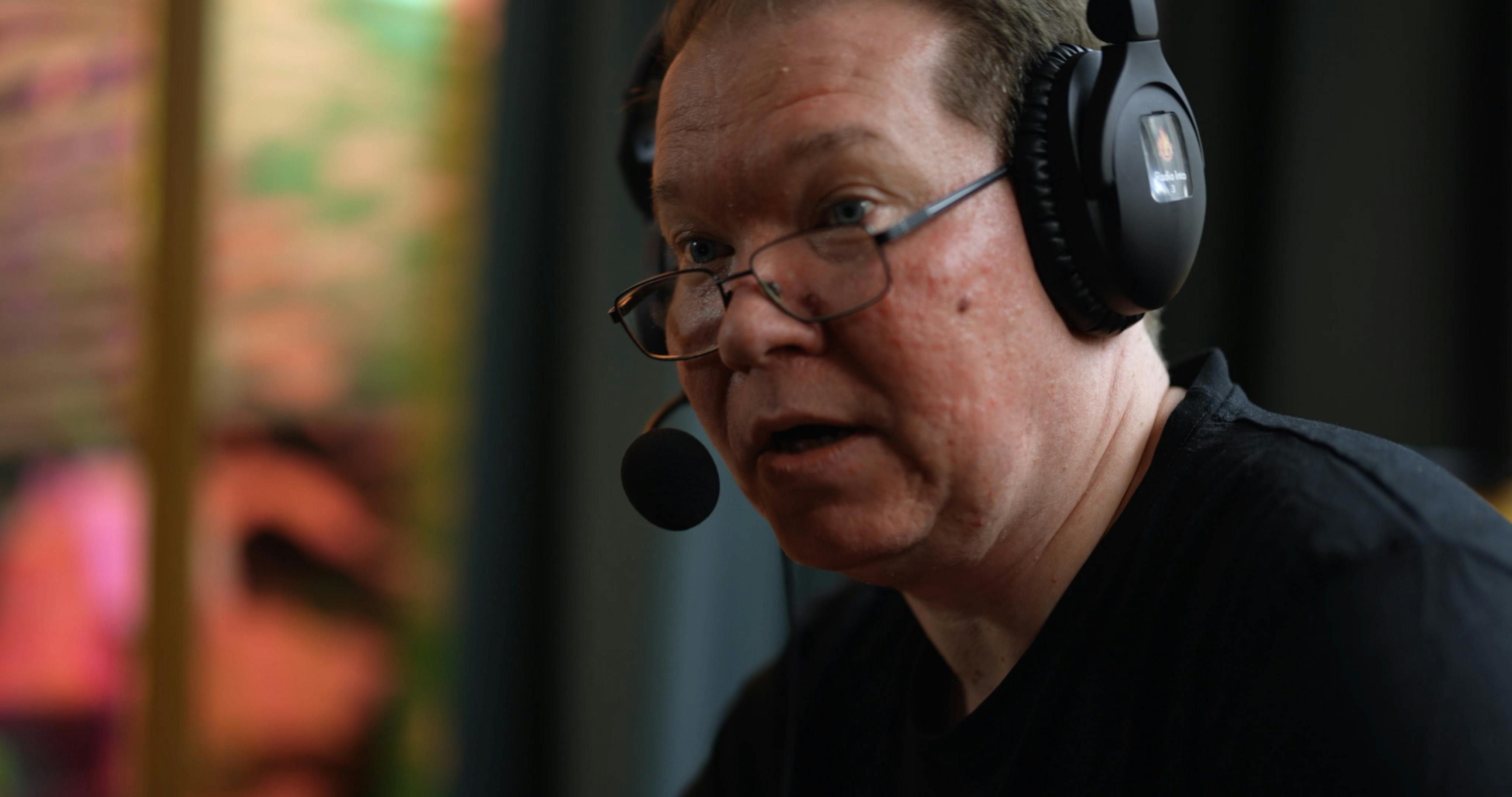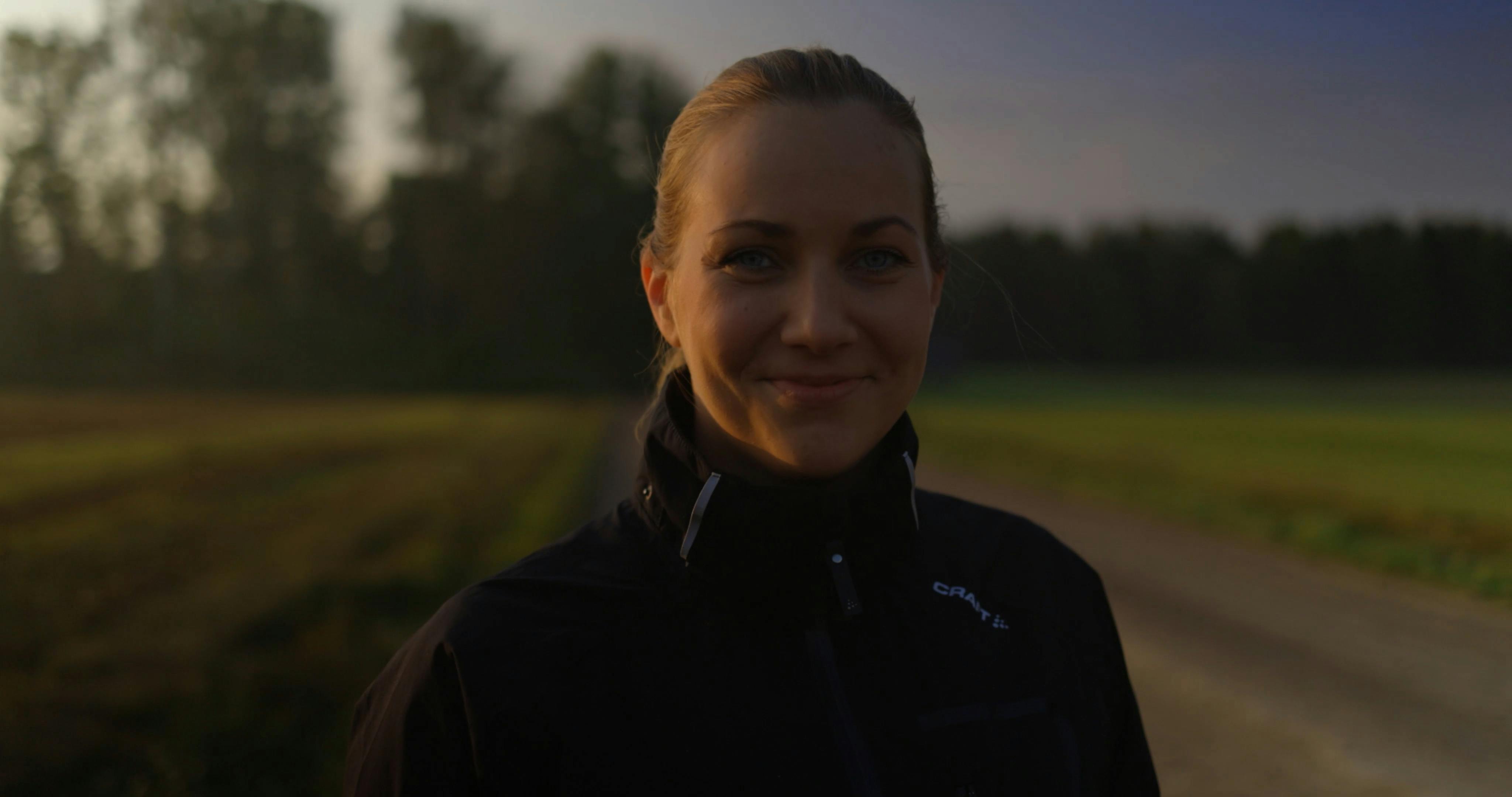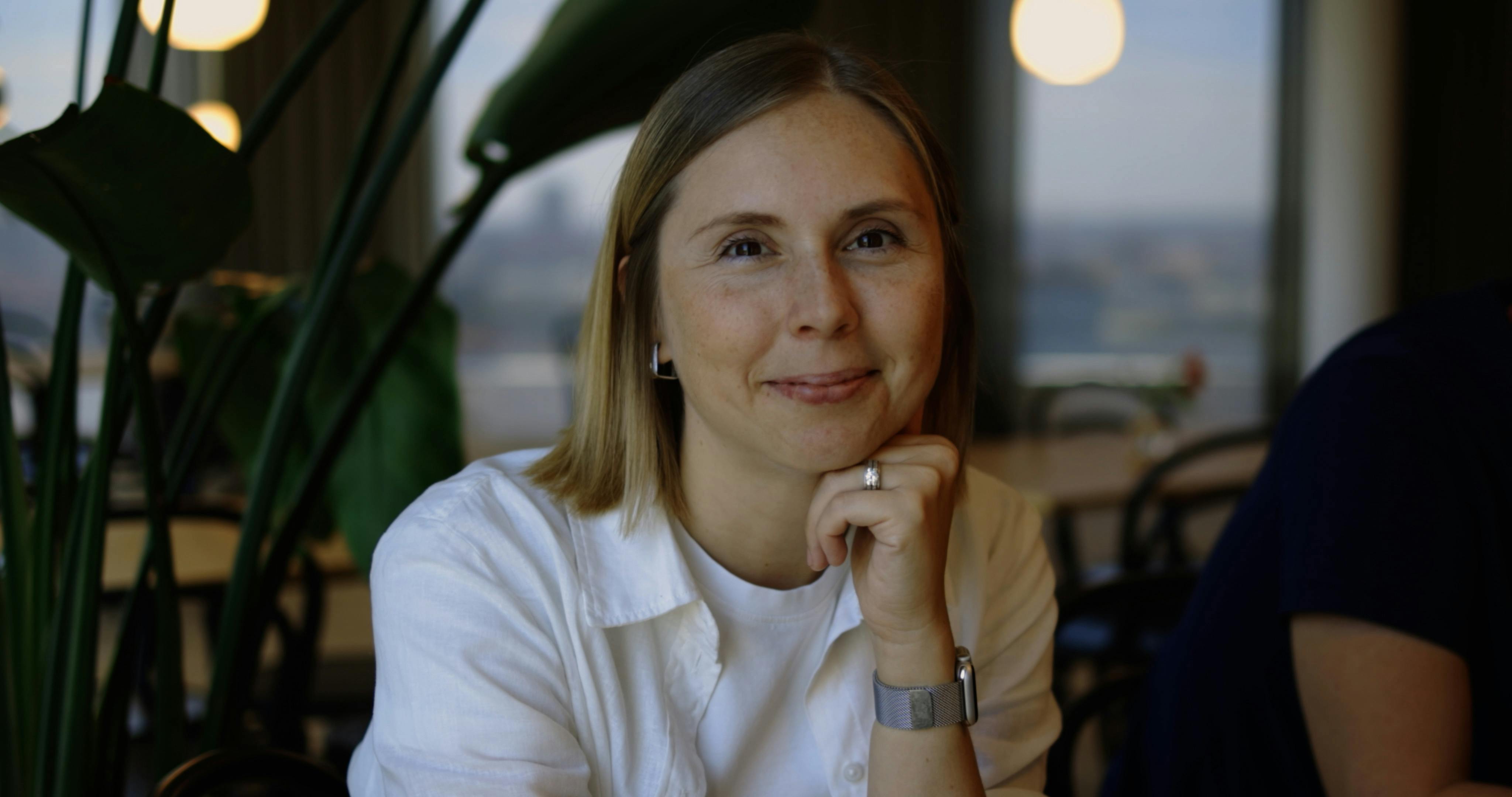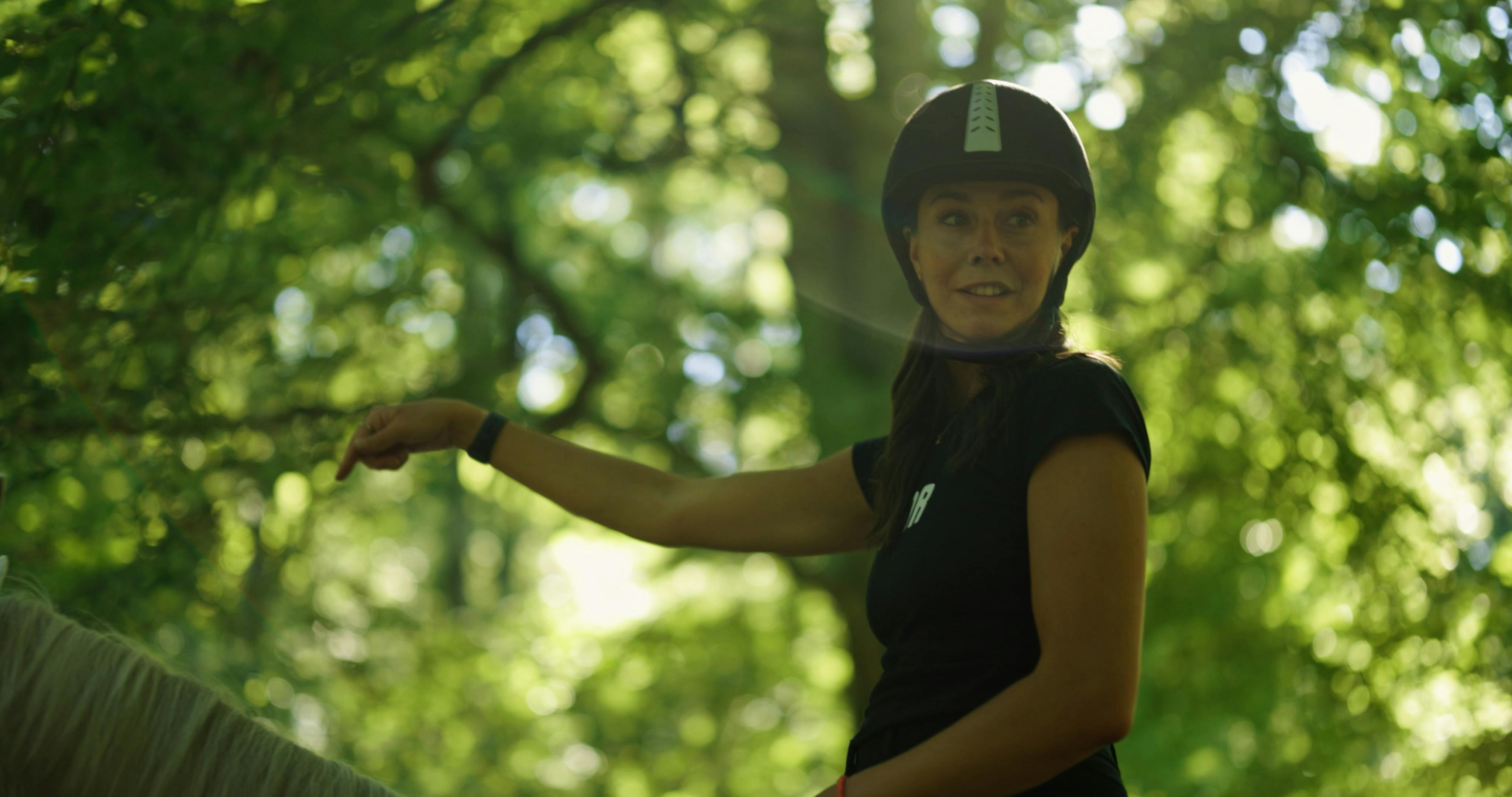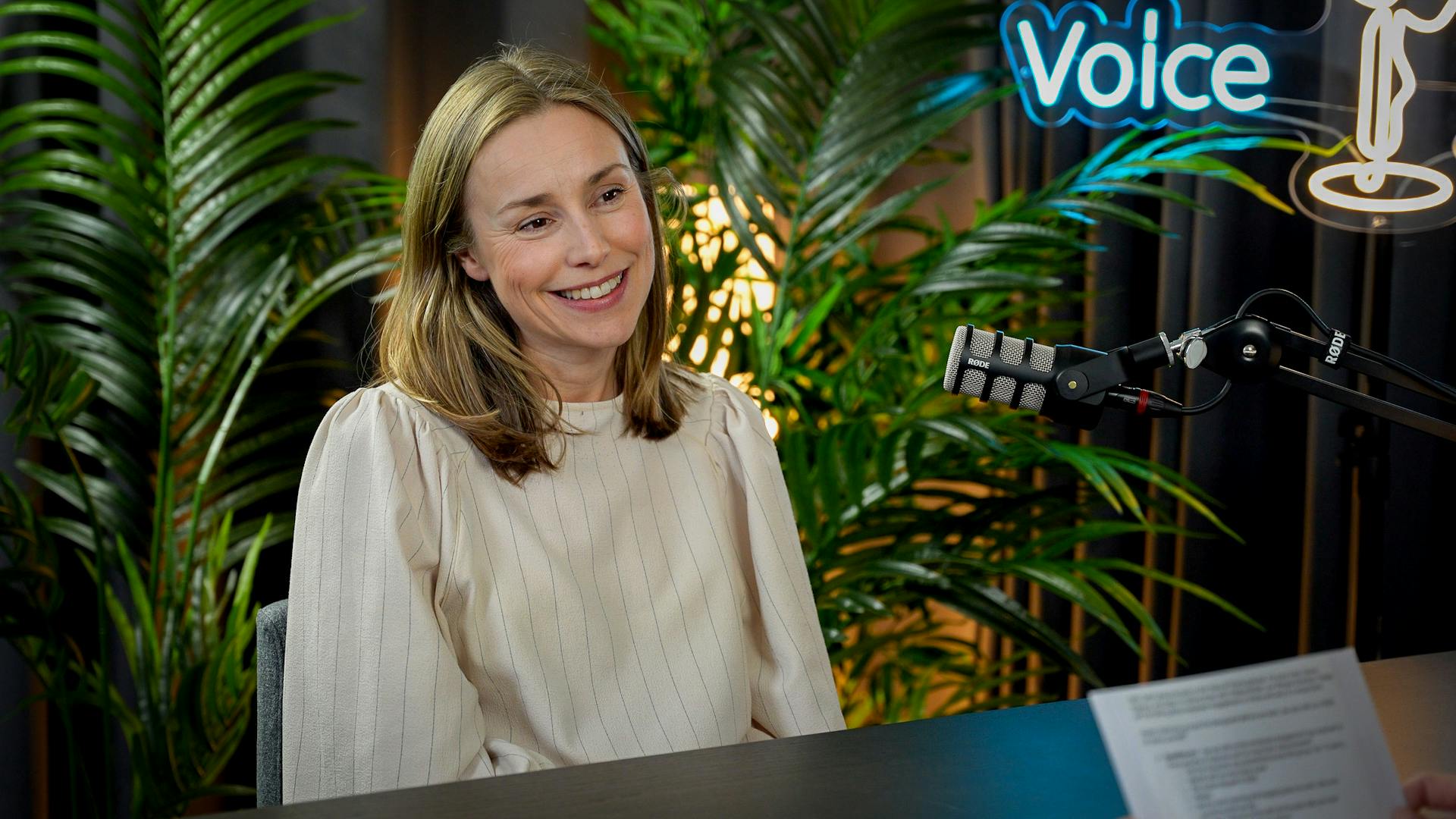
7/5/2024
min read
Life at Visma
With 15,300 coworkers, someone working solo is never really alone in their field. Because in a company the size and make of Visma, there’s always someone facing similar challenges and experiencing similar wins. That’s why our peer-to-peer communities – overlapping companies, countries, and time zones – are essential to our success. And those peer-to-peer communities would not be possible without our Champions; colleagues with knowledge of and experience with a specific competence, who dedicate time to help their peers with questions and challenges.
In this series, we interview Champions of our different communities and discuss what sparked their interest in becoming a Champion and helping others. This time we spoke with Pavel Yegorov, the community lead and a senior software developer in Sticos AS, and Facundo Borrelli, a senior frontend developer for Visma Argentina, from the frontend development community.

How and why did you become a Champion?
Facundo: “About two years ago, I read a post from another colleague that had become a Champion for his community and how he experienced that role. I got curious and reached out through Visma’s intranet platform. That’s how I came in contact with Pavel, who introduced me to the community and fellow Champions.”
Pavel: “When I started out as a Champion, I was already sort of a “local champion”. For example, I was leading coding bootcamps and already helping peers here and there. So, why not take that local knowledge sharing and share it with our global community? I’ve always been open to helping others, and I’m not scared of not having all the right answers. I think that if I can’t help them, at least I can share my thoughts or guide them in the right direction or to the right person.”
How have you helped your community so far?
Facundo: “One of the first things I did as a Champion was to create an e-learning course. I’ve done a lot of research on the different versions of the web application program Angular, and shared that research together with some video recordings. I’ve been told that this has been a really relevant course for fellow frontend developers. Additionally, I like sharing articles about recent developments within the field and sharing those, alongside my own thoughts and experiences. As a Champion, you don’t always have to be very hands-on every week. Sometimes sharing your point of view and experiences is more than enough to inspire and help others.”
Pavel: “A specific example is when I helped a team review their processes for creating a new application. We sat down together, looked at what they wanted to achieve, and identified what they were struggling with. Sometimes just listening can be enough, as it helps others reflect and reach their own conclusions.”
What do you get out of being a Champion?
Pavel: “I love helping others and sharing knowledge – it might actually be one of the most rewarding things I do. Plus, it’s important to spread awareness and keep each other updated on the newest frontend developments.”
Facundo: “Whenever I’m swamped with work, I find that it helps to do some work for the community for a change. It’s a good way to diversify my tasks at work, and I love that I now have a network of peers to connect with.”
Would you recommend being a Champion?
Facundo: “Absolutely. It has given me quite some recognition within the company I work with and expanded my network. I am often inspired by the questions I receive or articles I find to share with others.”
Pavel: “Yes, why not? If you enjoy knowledge-sharing and want to keep growing in your role, one of the best things you can do is become a Champion. It’s a two-way-street – some questions you receive give you food for thought as well. And it’s important to remember that Champions are not necessarily experts, but rather people with experience they’d like to share and reflect on.”

Voice of Visma
Welcome to the Voice of Visma podcast, where we sit down with the business builders, entrepreneurs, and innovators across Visma, sharing their perspectives on how they scale companies, reshape industries, and create real customer value across markets.
Visma Champions,Visma life
